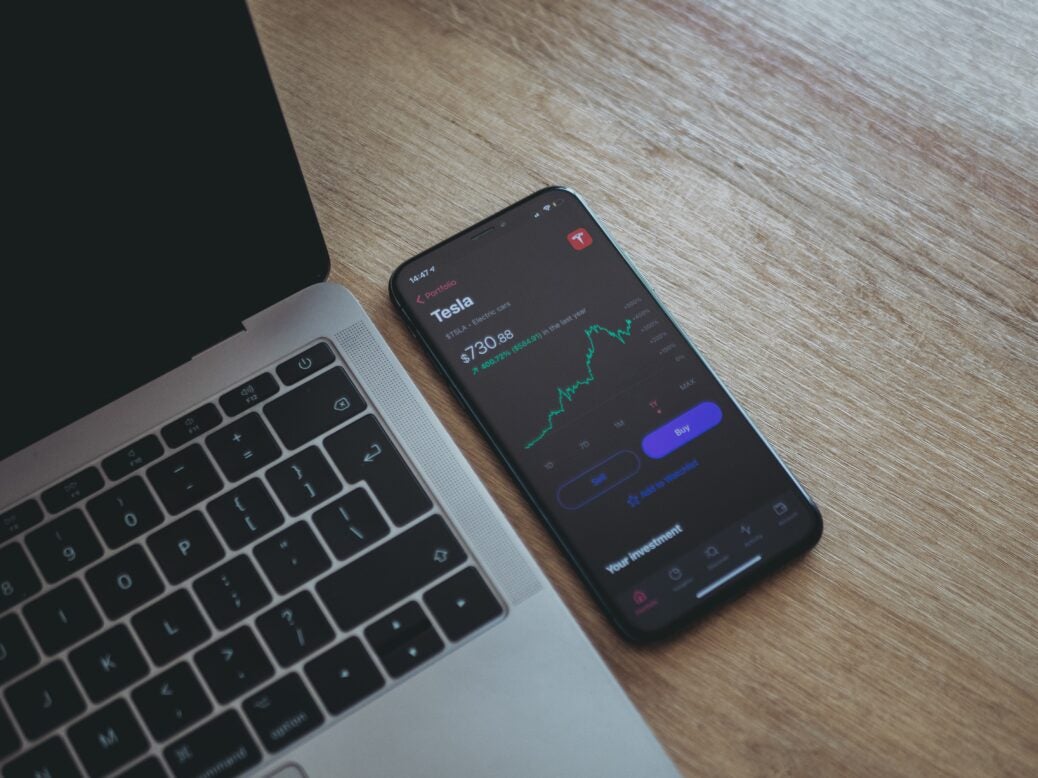
The investing landscape has changed significantly over the past 15 years – but it remains to be seen whether it’s adapted enough to avoid another crash, writes Annamaria Koerling, Managing Partner of Delfin Private Office
In 2006, an IMF report noted that, as volatility across a wide range of assets fell to generational lows, investors were taking on more risk as they went in search of yield and returns. The report cautioned that ‘investors appear to be giving insufficient weight to downside risks and might assume that the low-risk premia are a permanent feature of the financial market landscape’. It turned out to be right.
I was thinking about this report recently as I reflected on the 15th anniversary of Spear’s Magazine, and I couldn’t help but feel a sense of déjà vu. The year 2006 was when everything started to go wrong. Poor affordability, an oversupply of homes, and 17 interest rate hikes by the US Federal Reserve saw US house prices start to slide. This finally caught the attention of global investors in 2007, as sub-prime borrowers struggled to refinance their loans and started to default. This, in turn, triggered the worst crisis since the Great Depression as ripple effects were felt around the world and amplified by leverage.
After a major financial crisis, it takes time for things to return to normal – a decade or so, according to a study by Kenneth Rogoff and Carmen Reinhart. Although the GFC finally ended in 2009 after massive monetary and fiscal stimulus, along with government rescues of banks, the aftershocks were felt for the next decade with sub-par growth and low inflation.
The GFC also resulted in a fundamental re-evaluation of risk and a wave of regulatory reforms designed to shore up banks’ balance sheets and protect economies and investors from future excesses. New regulations around the world introduced the idea of a duty of care towards investors and shifted the emphasis from a prescriptive set of rules to a code of ethics promoting a culture of ‘doing the right thing’.
Looking back, the end of the GFC marked a new chapter in investing. Risk was redefined, with a move away from the traditional focus on volatility and a greater focus on the maximum loss that investors were willing to tolerate in a given year. There was a recognition that better returns and better risk control would require a new approach to asset allocation, greater transparency and different, more regulated, investment vehicles.
The past decade has seen exponential growth in new investment vehicles and approaches designed to meet this need. We have seen the rise of exchange traded funds, which offer the ability to invest by risk factor or theme. Many hedge fund managers now offer more liquid strategies, and private equity managers are making extensive use of more regulated investment vehicles in jurisdictions such as Luxembourg and Jersey.
We have also seen a new form of investing emerge in the form of smart beta – passive strategies that seek to control risk by weighting allocations according to a range of factors. More recently, there has also been dramatic growth in vehicles aligned with ESG principles and themes. It’s also 15 years since Al Gore’s film An Inconvenient Truth was released and the Financial Times wrote that 2006 ‘could go down as the year in which global warming finally became a significant popular issue across the western world’.
Today’s informed investor is blessed with more tools in their toolkit, better information and generally lower costs. They are also likely to feel overwhelmed with choice. A new dilemma has emerged, which the Germans refer to as the Qual der Wahl, the torment of choice. How do you decide and differentiate?
Fifteen years ago, investors did not need to take excessive risk to achieve decent returns, but many did in the hope that it would either give them better returns or protect them on the downside. In 2006, if you wanted to build a portfolio capable of producing a 7.5 per cent return, you didn’t need to stray too far away from developed market equities and investment grade bonds. Today, an investor with the same ambitions will need to contemplate a more complex, less liquid and riskier portfolio.
Modern portfolios may need to have up to half in illiquid asset classes such as private equity, private credit and real estate, and no more than a quarter in the traditional asset classes of investment grade bonds and developed market equities. This raises a question: will our expanded toolkit of investments – this so called new ‘intelligent’ diversification – provide better protection against the next crisis? Or are we in danger of making the same mistakes investors made in 2006 by investing in over-engineered solutions? As we face a new crisis, in the form of the pandemic, it could be easy to convince oneself that ‘it will be different this time’. But history has a knack of repeating itself. Manias, panics and crashes, as Charles Kindleberger’s classic tome reminds us, can be relied on to crop up time and again. Just as with Covid-19, perfect inoculation from the financial consequences is not possible. But mitigation – in the form of due diligence, a healthy dose of scepticism and a broad mix of assets – may be more important now than ever before.
Image: Aidan Hancock/Unsplash







